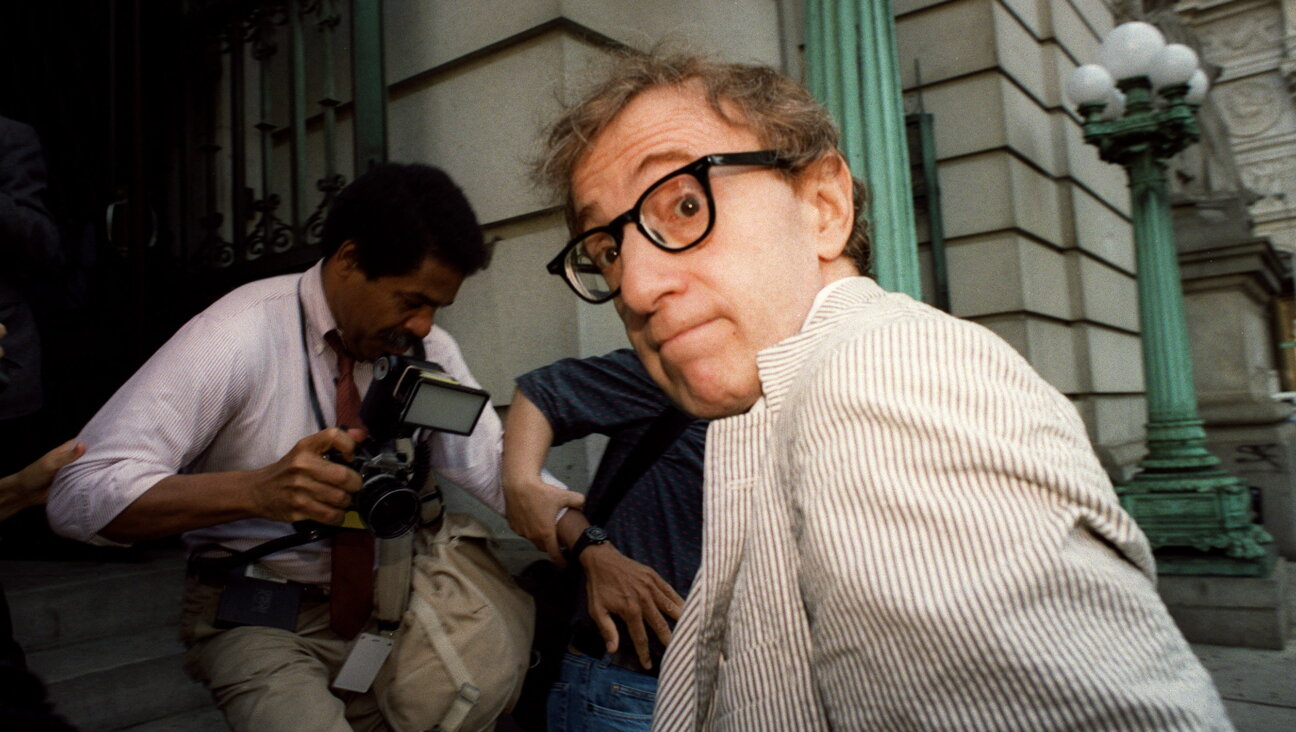Jewish Impostors, Past and Present
Although Shabbetai Zevi naturally gets most of the attention, Jewish history has been marked by a series of impostors. On February 16, Bloomsbury USA publishes a collection by the late New Yorker reporter St. Clair McKelway, “Reporting at Wit’s End,” which includes the complete 1968 book “The Big Little Man from Brooklyn” about the Jewish impostor Stanley Jacob Weinberg.
The Brooklyn-born Weinberg (1890-1960) had many aliases, eventually settling on “Stanley Clifford Weyman,” because, as McKelway points out, “he wasn’t entirely satisfied with his name or with himself.” To win fame and prestige, Weinberg pretended to be everyone from Rudolf Valentino’s funeral director to the personal physician of film star Pola Negri. Lawrence J. Epstein’s “The Haunted Smile: The Story of Jewish Comedians in America” claims that Weinberg may have even inspired Woody Allen’s “Zelig,” a chameleon who blended into various identities to seek anonymity. Yet as McKelway states, “The men [Weinberg] became were never obscure.”
Film critic Roger Ebert recently blogged about another person who scorns obscurity, Jerry Berliant, scion of a Chicago Jewish family who gate-crashes basketball games and film festivals. Another impostor, Alan Conway (born Eddie Alan Jablowsky to a Polish Jewish family in Whitechapel, London) claimed to be the Bronx Jewish-born filmmaker Stanley Kubrick, inspiring the 2007 film “Color Me Kubrick,” starring John Malkovich.
Such impostors, nullities in themselves, aspire to high-level recognition. McKelway may be overdoing the sympathy when he likens Weinberg to the splendid Austrian Jewish violinist Fritz Kreisler, who notoriously attributing his own works to then-obscure musicians like Vivaldi and Couperin (see YouTube excerpts below). One potential bright spot is that unlike Weinberg, who concealed his Jewish origins, a newer impostor like the so-called Binjamin Wilkomirski pretends to be a Holocaust survivor for literary prestige. Only a few decades ago, Jewish identity was not safely aspired to, as a rule.
Listen to Israeli violinist Gil Shaham play part of Fritz Kreisler’s Violin Concerto, which Kreisler originally claimed was an arrangement of music by Vivaldi, here.
Listen to the noted violinist Oscar Shumsky, of Russian Jewish origin, play an excerpt from the same work here.
A message from our Publisher & CEO Rachel Fishman Feddersen

I hope you appreciated this article. Before you go, I’d like to ask you to please support the Forward’s award-winning, nonprofit journalism so that we can be prepared for whatever news 2025 brings.
At a time when other newsrooms are closing or cutting back, the Forward has removed its paywall and invested additional resources to report on the ground from Israel and around the U.S. on the impact of the war, rising antisemitism and polarized discourse.
Readers like you make it all possible. Support our work by becoming a Forward Member and connect with our journalism and your community.
— Rachel Fishman Feddersen, Publisher and CEO





























